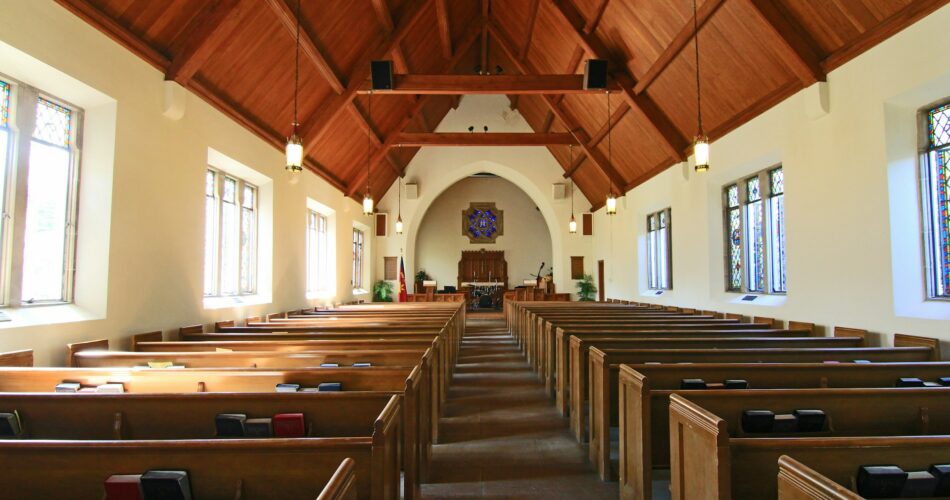They want control over their own property.
Church Street Methodist Church in Selma, Alabama, has filed a lawsuit against the Alabama-West Florida Conference of The United Methodist Church (UMC), seeking a court ruling to affirm its ownership of a historic property. The church, which has around 350 members, is the oldest in the city. The complaint was filed in the Dallas County Circuit Court, and attorney James McNeil, a member of the congregation, is representing the church. McNeil emphasized that the church seeks clarification on property ownership before potentially proceeding with any disaffiliation vote from the UMC.
According to UMC’s Book of Discipline, church properties are held in trust for the entire denomination, meaning their ownership and usage are regulated by the church’s guidelines. However, McNeil challenges this claim, arguing that the UMC’s assertion of control over the property does not comply with Alabama state law regarding the creation of trusts. He contends that a valid trust concerning real estate requires a signed written document from all parties involved, which he claims does not exist in this case.
The lawsuit comes amid ongoing tensions within the UMC regarding its stance on LGBTQ+ issues. Over the years, the church has faced internal divisions over policies related to the blessing of same-sex unions and the ordination of openly gay clergy. In response to these controversies, a temporary disaffiliation process was established in 2019, allowing congregations to leave the denomination. By the end of 2023, thousands of churches had opted to disaffiliate, with many joining the Global Methodist Church, a more conservative alternative.
In a statement regarding the lawsuit, a spokesperson for the UMC Alabama-West Florida Conference expressed disappointment and concern for those involved. This situation reflects the broader challenges facing the UMC as it navigates complex theological and cultural issues within its ranks.
The outcome of this legal battle may set a precedent for other congregations contemplating disaffiliation from the UMC and could further impact the denomination’s future as it grapples with its internal conflicts over doctrine and membership. The Church Street Methodist Church’s pursuit of ownership clarity underscores the ongoing struggle for autonomy amid the larger context of denominational governance and policy disagreements.
